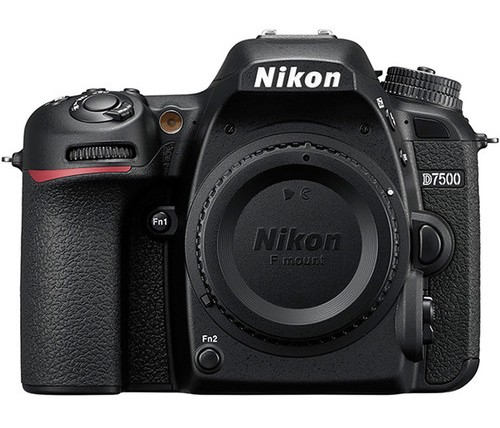If you’re in the market for a capable mid-range camera that won’t bust your budget, the Nikon D7500 is worth a long, hard look.
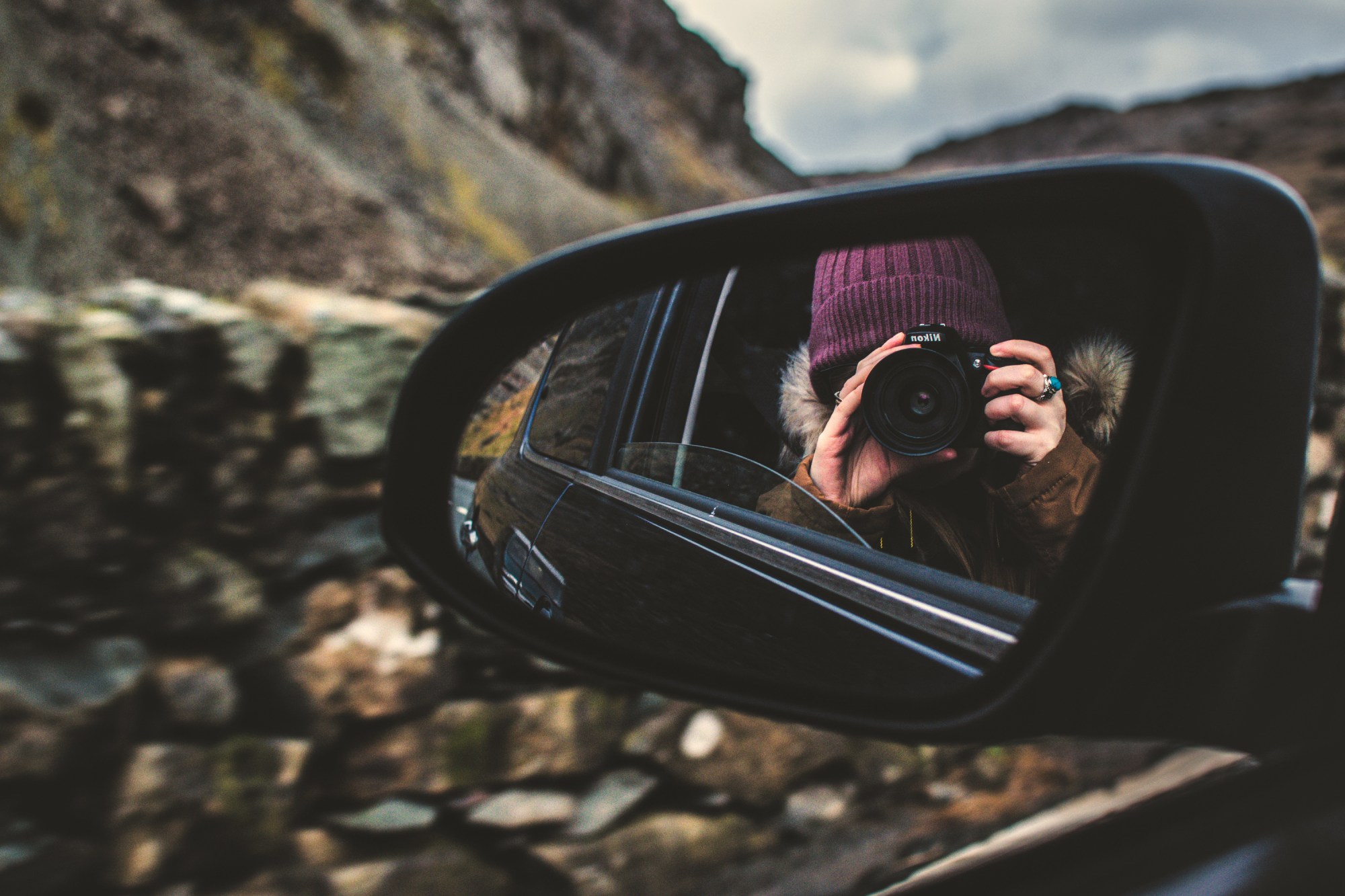

Sharing many features with Nikon’s flagship APS-C camera, the D5, the D7500 is a highly capable camera that’s feature-rich and fast as well.
In this Nikon D7500 review, learn about the camera’s essential specifications, its performance, price, and other critical features.
Nikon D7500 Specs
The D7500 brings a variety of high-end features to the table that you don’t see in every camera at this price point.
That’s because, as I noted above, the D7500 borrows many of its features from the flagship D5 model. This includes its 20.9-megapixel APS-C CMOS sensor, its EXPEED 5 image processor, and its 180K-pixel RGB high-resolution metering sensor.
Other essential specifications include:
- 51-point phase-detect autofocus system
- 8 fps burst shooting (50 RAW files and more than 100 JPEGs)
- 4K UHD video capabilities (with a 1.5x crop)
- In-camera batch processing for RAW files
- Wi-Fi
- Bluetooth
In addition, Nikon has outfitted this camera with a huge 3.2-inch tilting touchscreen LCD with 922k dots, a deeper grip for a better holding experience, and perhaps best of all, weather sealing.
These features represent significant upgrades over lower-tier, entry-level models that might cost a few hundred dollars less, but also don’t offer the same functionality and longevity.
Get a detailed look at the Nikon D7500 in the video above by Jared Polin.
Nikon D7500 Features In Depth
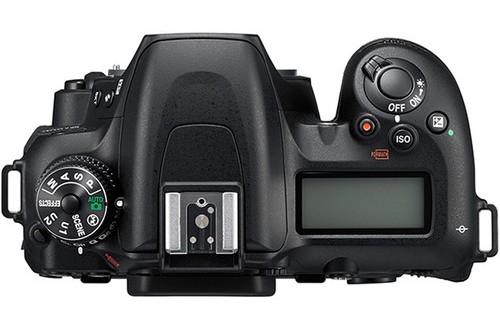
Perhaps the biggest claim to fame for the D7500 is its speed.
With a maximum burst shooting rate of 8 fps, the D7500 is no slouch when it comes to photographing sports, wildlife, and other subjects that require speed.
This is no surprise given that the D7500 is essentially a baby D5, which itself is a speed demon.
Not only is the 8 fps rate 2 fps faster than its predecessor, the D7200, but the D7500 also has a buffer that’s three times the size of the D7200s. That’s a significant jump that makes this camera a much better option for speedsters than the D7200.
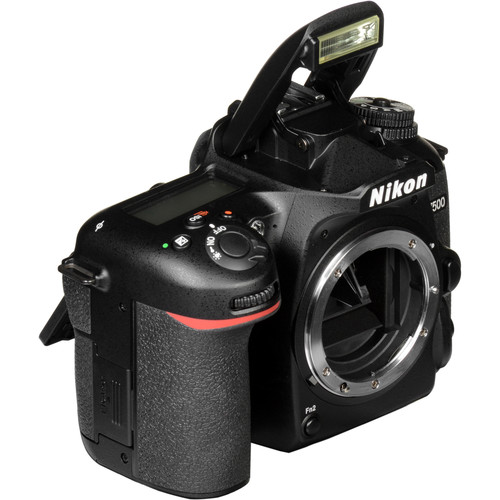
Something that did not change from the D7200 to the D7500 is the autofocus system with 51 phase-detect autofocus points. While other cameras in this range offer autofocus systems with more AF points, Nikon was smart to leave well enough alone.
This autofocus system is reliable, accurate, and fast, and with the inclusion of a new 180K-pixel RGB high-resolution metering sensor, 3D tracking is much-improved as well.
One thing that throws people off about the D7500 is that its imaging sensor is less resolute than its predecessor - 21-megapixels on the D7500 versus 24-megapixels on the D7200. Less megapixels is a bad thing, right?
Wrong.
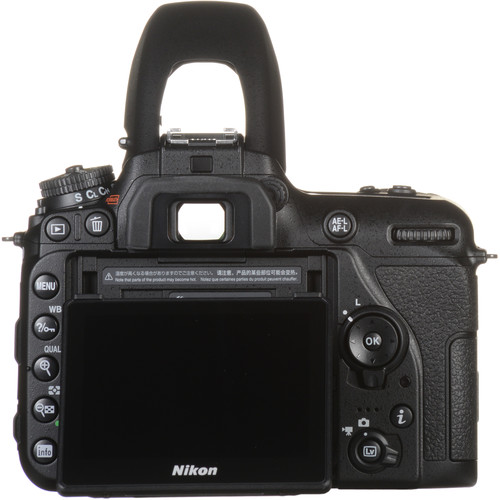
As mentioned earlier, the D7500 inherited its sensor from the D500. This is what allows the D7500 to have such fast readout speeds, such an excellent burst shooting speed, and 4K video capabilities.
On top of all that, this sensor is well known for producing superb image quality, so though it “loses” three megapixels of resolution, image quality is not affected. In fact, despite having less pixels, the D7500 does an excellent job of minimizing aliasing that puts it on par with the more resolute D7200.
The D7500 also performs well in low-light situations and when shooting at high ISOs. This is due in large part to the components it shares with the D500, which is similarly capable at high ISOs.
It should be noted, however, that the D7200 outperforms the D7500 in low-light shooting, but their performance is close enough that this likely wouldn’t make a difference to most shooters.
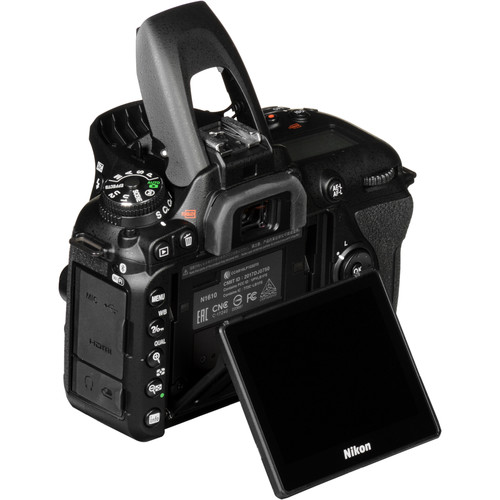
Something else of note on the D7500 is the excellent touchscreen LCD.
Photographers that heretofore have shunned shooting in Live View might find the ideal companion for doing so in the D7500.
The LCD is big and bright, and though it isn’t the most resolute LCD out there with “just” 922k dots, it’s still a highly useful and capable display.
The most useful part, of course, is the touch capabilities that allow you to change focus by tapping the screen rather than maneuvering the AF point around with a D-pad. It’s important to note that autofocus in Live View on the D7500 is contrast-detect only, so it isn’t nearly as fast as autofocus would otherwise be on this camera.
Learn More:
- How to Choose the Ideal Landscape Photography Camera
- The Nikon D750 is a Great Full Frame Camera for Photographers on a Budget
Nikon D7500 Best Uses

Photo by troy williams on Unsplash
As noted earlier, the D7500 is a speed demon that is well-suited to action photography, sports, wildlife, and other fast-moving subjects. The 8 fps burst speed, huge buffer, and excellent subject recognition paired with a solid autofocus system makes it a prime choice for these types of pursuits.
Something else that makes this a great action photography camera is its 3D Tracking feature, which is supremely accurate assuming you’re shooting in good light. Paired with the automated autofocus fine-tune feature that allows you to quickly calibrate front-focused and back-focuses lenses, you have all the necessary features to tackle even the fastest-moving of subject matter.
But the D7500 isn’t just about action.
Landscape photographers will appreciate the beefy grip and weather sealing for days when the weather isn’t exactly cooperating.
Travel photographers and street photographers will no doubt love the fact that the D7500’s body weighs 26.2 ounces. While this is far heavier than mirrorless options out there, it’s still a fairly small and lightweight camera as far as DSLRs are concerned.

Photo by jabari timothy on Unsplash
The D7500 is a good option for portrait enthusiasts as well. The autofocus system with 3D tracking is highly effective when shooting at close range, even if light is not abundant. What’s more, the camera’s default settings of matrix metering with Face Detect results in highly accurate focusing.
In other words, the Nikon D7500 is an excellent all-around camera, that, while well-suited for action photography, offers plenty of features for other photographic pursuits.
Nikon D7500 Final Thoughts
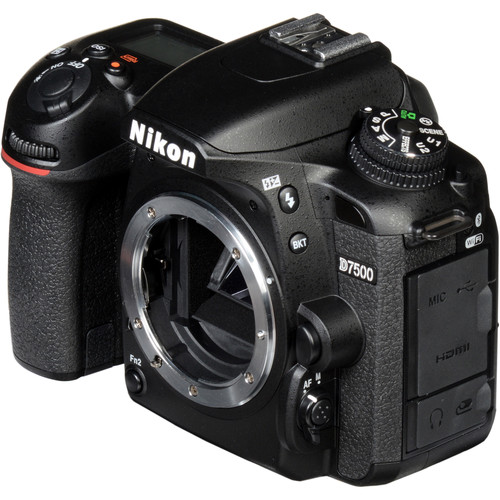
The Nikon D7500 has many remarkable features that make it an excellent choice for enthusiast photographers who want to upgrade their camera but aren’t ready to jump into a full frame.
Likewise, new photographers that want to start out with a better camera, yet won’t be overwhelmed with complicated controls, should consider this as a good choice as well.
Best of all, since the D7500 is nearing its second birthday, prices have come down and it is now a very affordable camera. The body only, for example, is just $1000 brand-new while a kit with a 18-55mm G VR lens is $620. Those prices represent a savings of $100 and $570, respectively (though this deal is set to expire March 30, 2019).
With blazing speed, excellent autofocus performance, beautiful image quality, weather sealing, a touchscreen LCD, and many more features, this is a camera that has tons to offer photographers of all kinds.
For additional details about this camera, check out the in-depth review video above by Maarten Heilbron.
This blog post about "Nikon D7500 Review" was first published on our website here https://www.photographytalk.com/nikon-d7500-review
This blog post about "Nikon D7500 Review" was first published on our website here https://www.photographytalk.com/nikon-d7500-review
